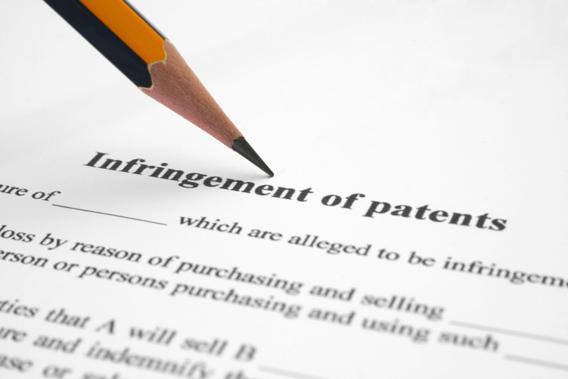Patent trolls are the bad guys of the moment. They’re the outfits that buy patents and then sue companies that supposedly infringe on them. Last week, the White House announced a bunch of initiatives to thwart them. Trolls don’t actually make the products covered by those patents. But because patent litigation is expensive and time-consuming, most companies that are prey to a patent troll lawsuit choose to throw money at the trolls to settle even if they think they’d win in court. The result is that the trolls are nearly unstoppable whether their patents are legitimate or not.
The White House hopes to address the problem by restricting frivolous patent suits against tech companies and easing the way for judges to sock firms that bring such suits with the other side’s attorney’s fees. This is in line with the history of patent policy being made at the federal rather than the state level. After all, the U.S. Constitution allows Congress to grant patents, and suits about them can’t even be brought in state court. And yet states have recently begun trying to rectify the imbalances caused by patent trolls that the federal government as of yet has been unable to fix.
In May 2013, Vermont became the first state to try. It passed a law banning claims of patent infringement that are made in bad faith, and then used the law to sue MPHJ Technology, which has allegedly used multiple shell companies to shake down hundreds of companies for scanning documents into email.
Vermont’s actions are groundbreaking. All the states, however, have an overlooked but even stronger weapon in the Constitution that they could use against patent trolls: the 11th Amendment. This amendment prevents states from being sued for money damages in federal courts. In 1999, the Supreme Court ruled that the 11th Amendment applies to patent cases. This means states (unlike private companies or the federal government) cannot be sued for money damages for violating other people’s patents.
This constitutional oddity provides states with a stake they could drive through the heart of patent trolls everywhere. Here’s how it would work. A state establishes a “patent protection exchange” where the state purchases a company’s products, which it then resells to the company’s customers. Imagine a small software startup that makes an app that sells on its website for $10. Through the exchange, customers would be redirected to a state-run website where the state itself would provide the app for download. The state collects the $10 from the customer for the app and passes the money on to the startup—minus a small service fee, of course! Properly done, the customer would not even notice this switcheroo and the state and its taxpayers would have a new source of (badly needed) revenue.
So, how will this kill patent trolls? Assume that 1 million customers download the startup’s $10 app. That’s a $10 million pot of gold for a patent troll to go after. But if the startup uses a patent protection exchange to distribute the app, the state is the seller, not the startup. And thanks to the 11th Amendment, the state can’t be sued for damages for patent infringement. If the patent troll tries to sue the startup for a piece of the $10 million anyway, the startup will argue that it sold only one measly copy of the app to the state, and the troll is free to go after the $10 for that single sale. The troll is also free to find the 1 million users and go after each one for a single $10 purchase. But of course, no patent troll would ever spend the money and time to do any of that.
Would such a setup make the states too powerful? Perhaps not: the 11th Amendment only prevents federal lawsuits for money damages against states. It does not prevent federal injunctions—orders by a judge to stop unlawful conduct—against state officials. Any patent owner could still bring a lawsuit to stop state officials from distributing its product. There will just be no money damages for the patent holder at the end of the lawsuit. So if Colorado illicitly starts churning out Office apps on an exchange, Microsoft can and will stop them. But a patent troll—as opposed to a business legitimately concerned about infringement—would never bring a lawsuit if it can’t collect money, because money is all the troll cares about.
Patent trolls are not mythical creatures. They are rich, they are powerful, and they are winning. They exploit loopholes to intimidate lots of good companies into settling bogus claims. It’s time for the states to do their part to bring peace and order to the patent realm. Let’s throw the 11th Amendment at the trolls and see how they like that.
Watch: The WTF podcast’s Marc Maron on his run-in with patent trolls: “What was your relationship with your father like?”
